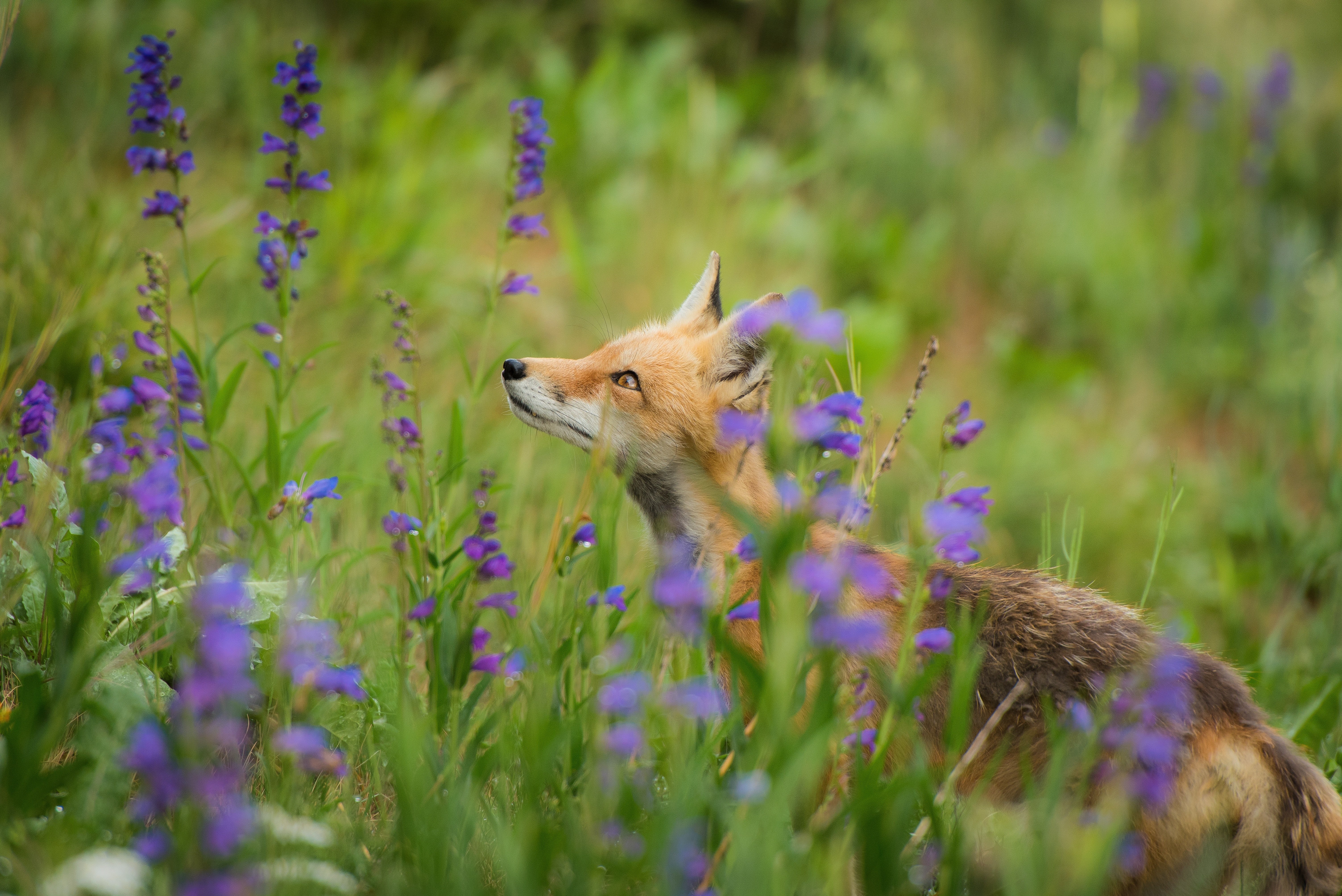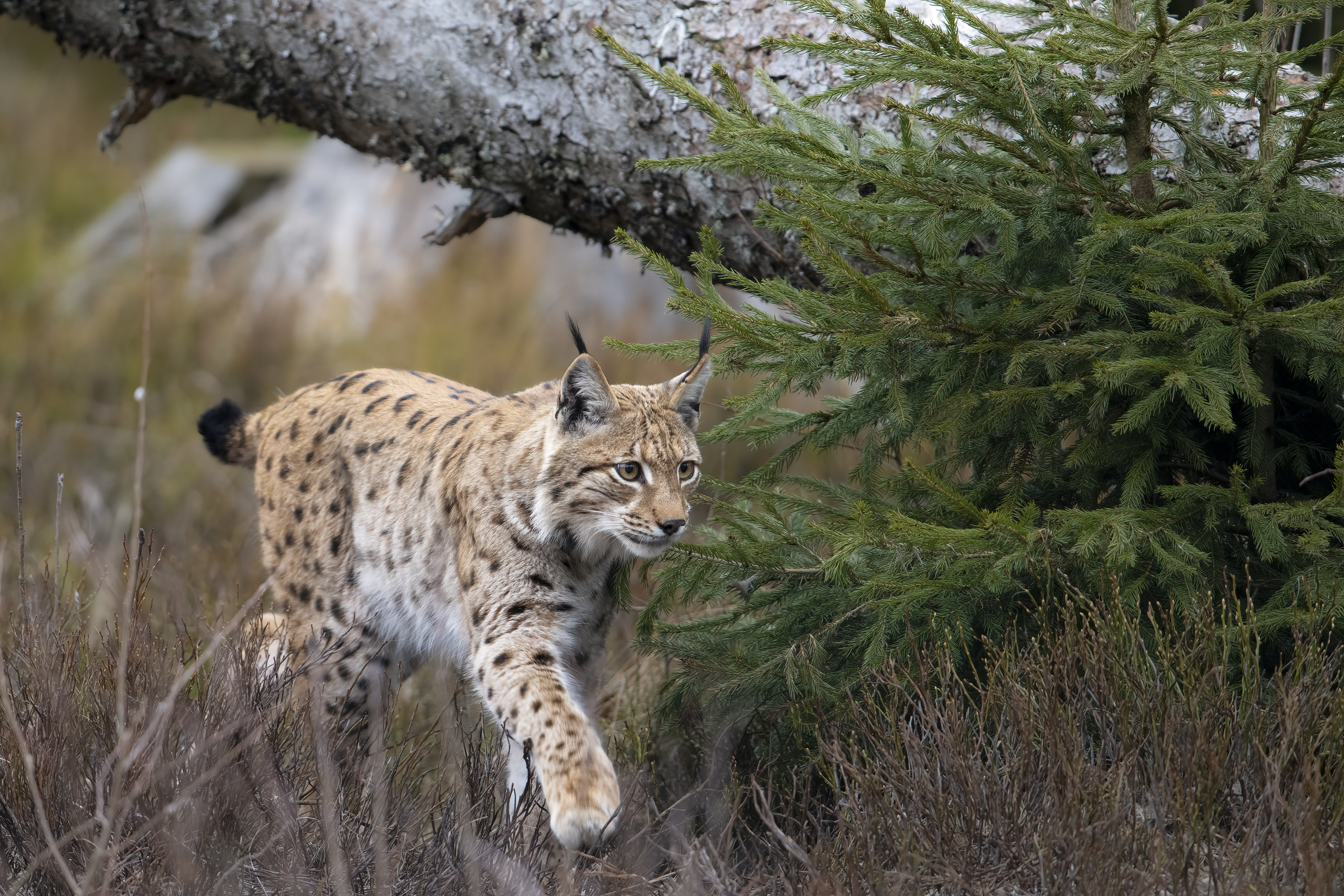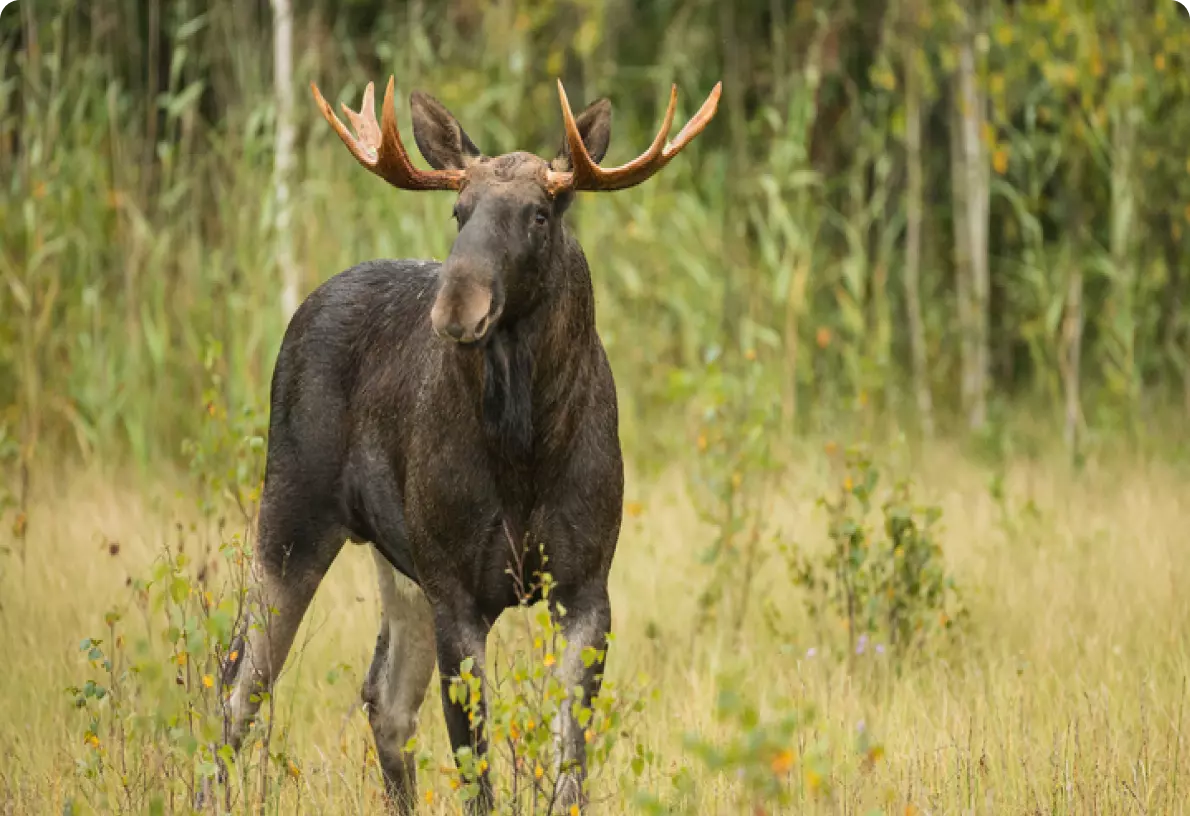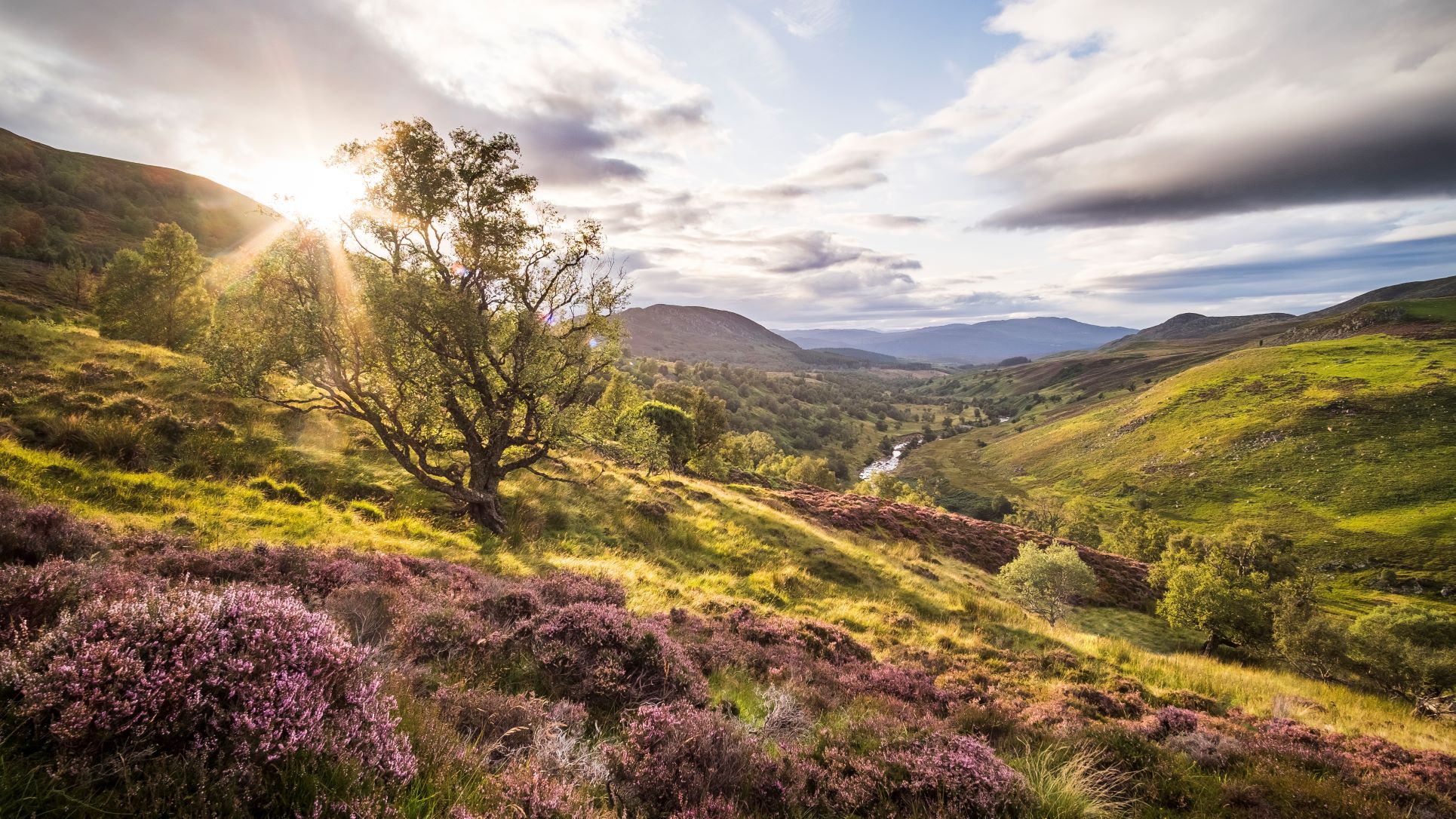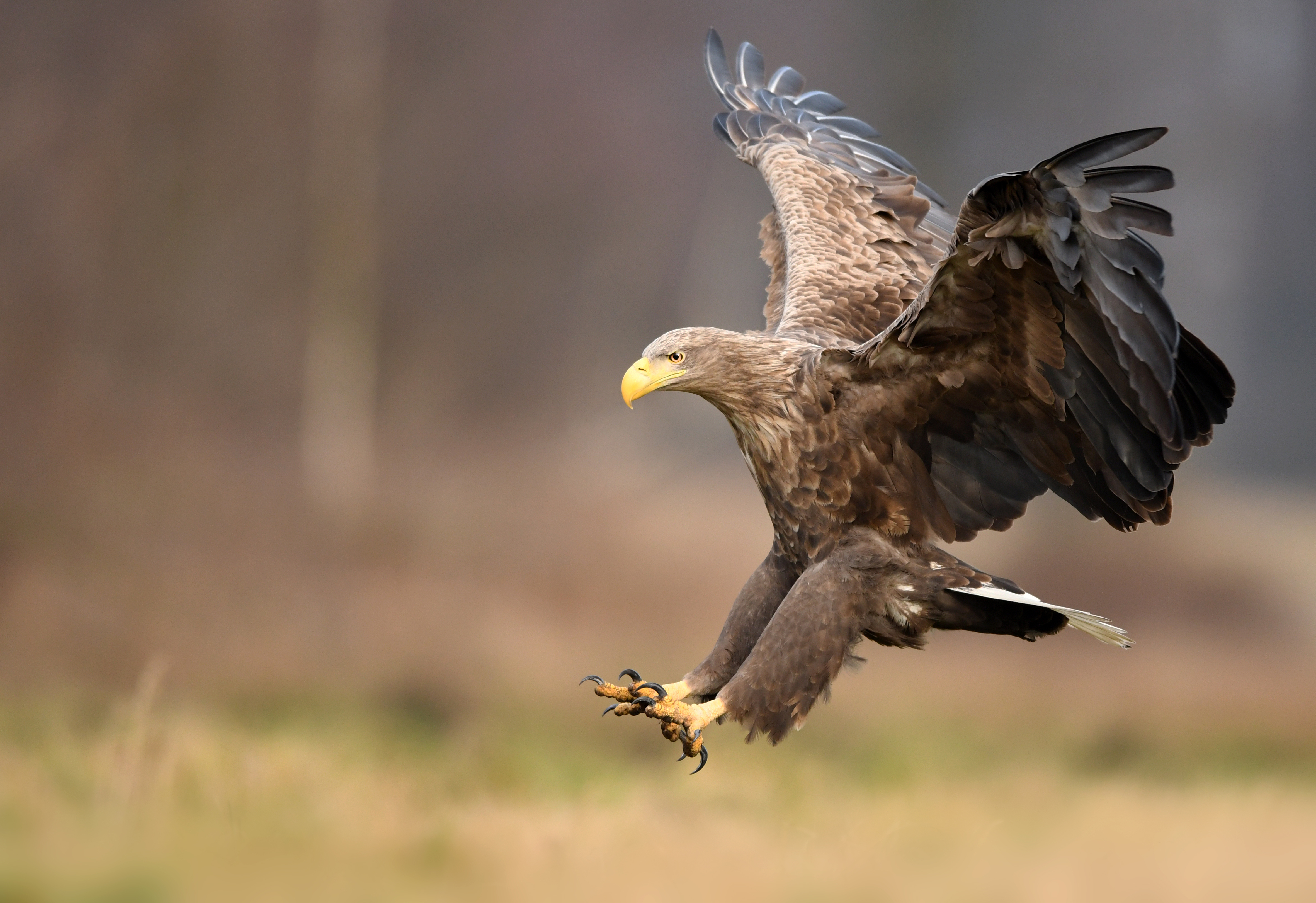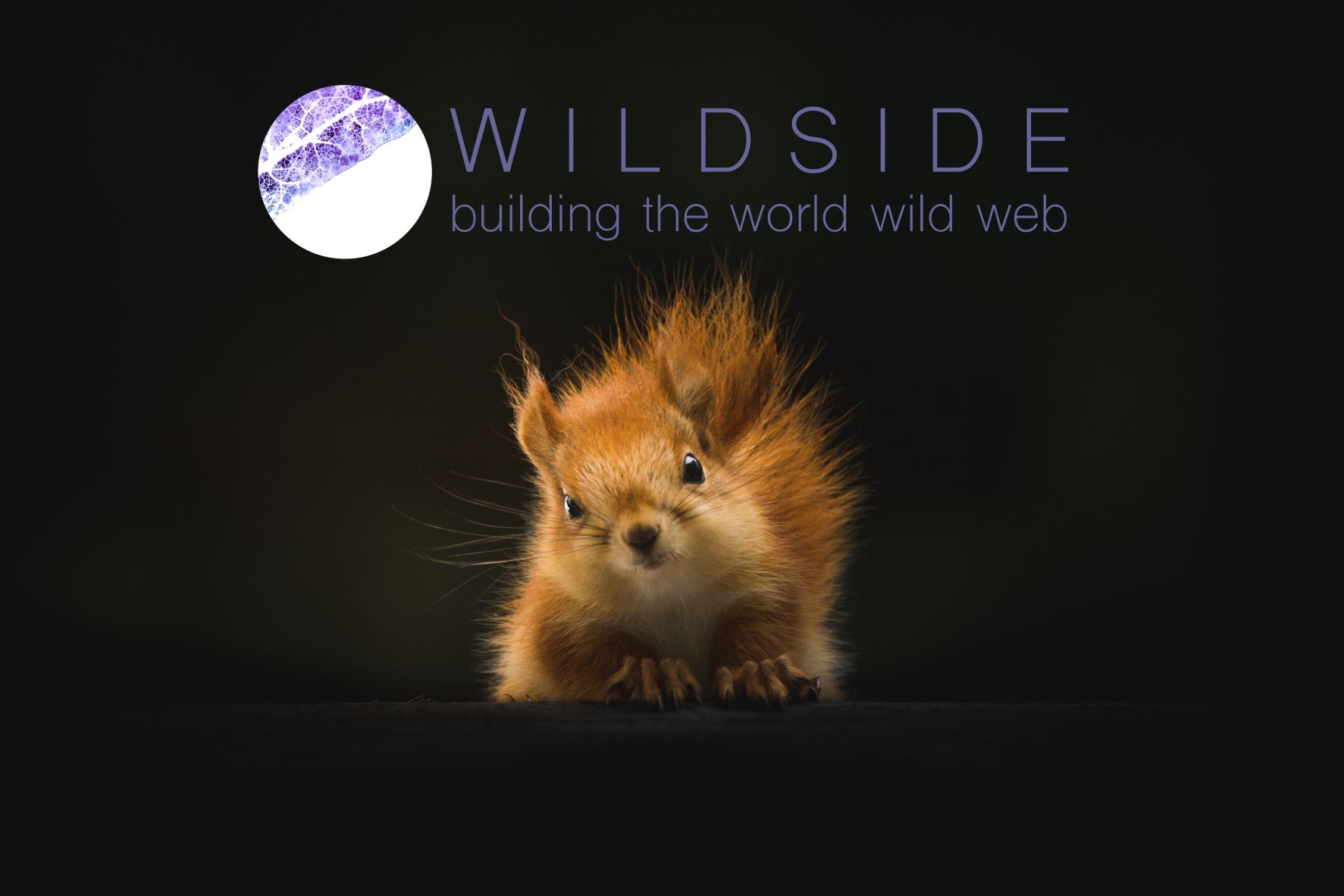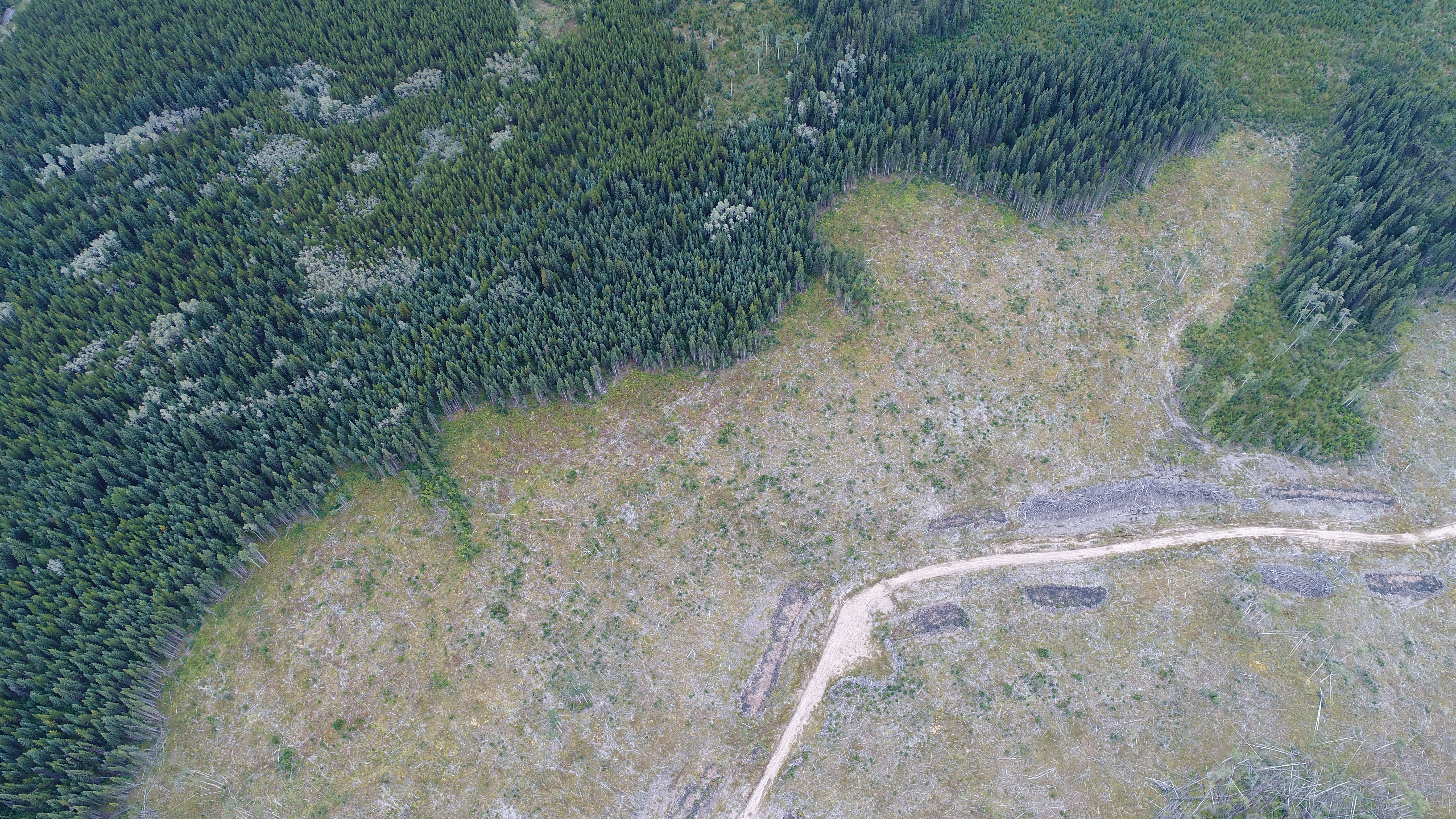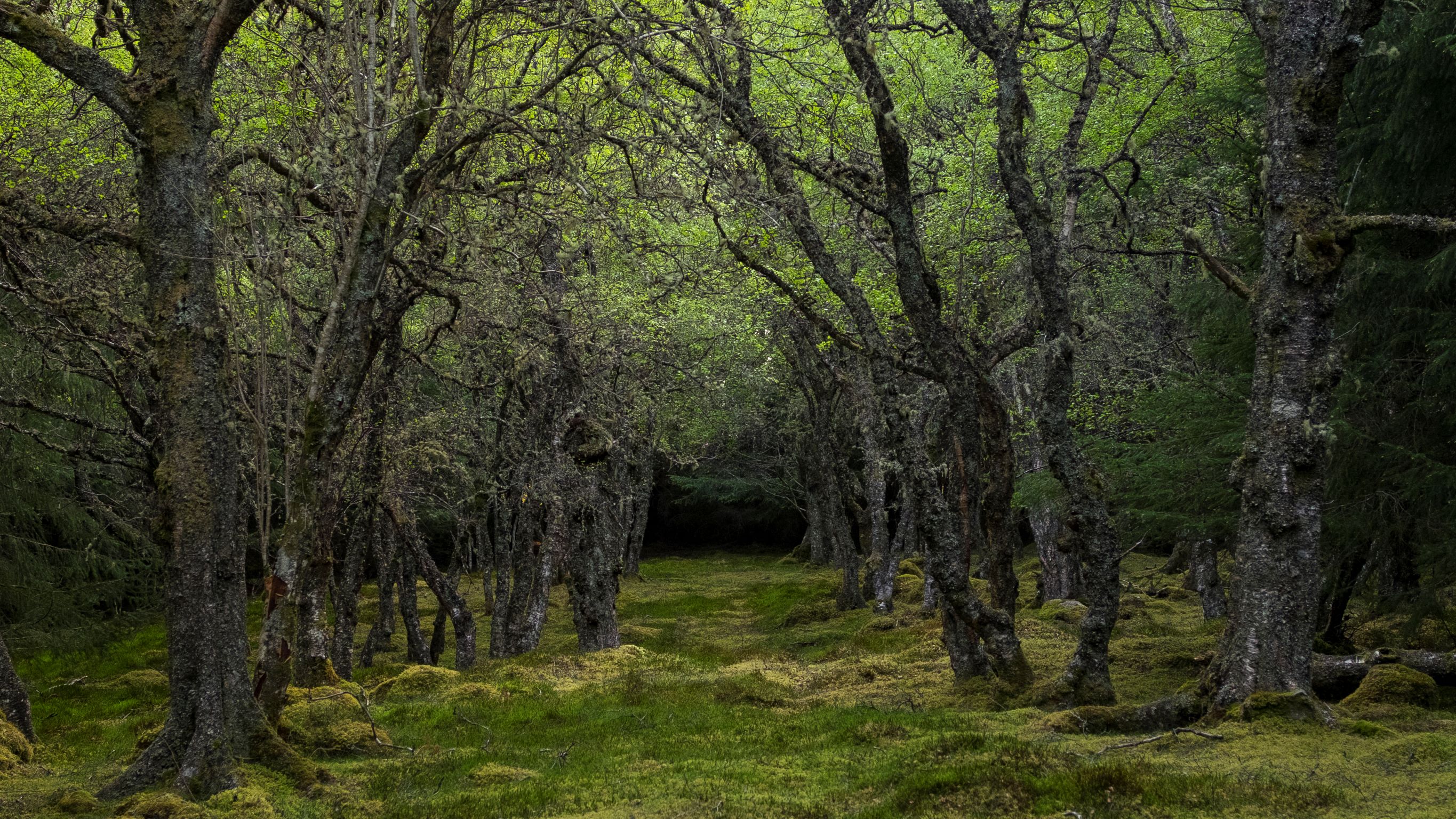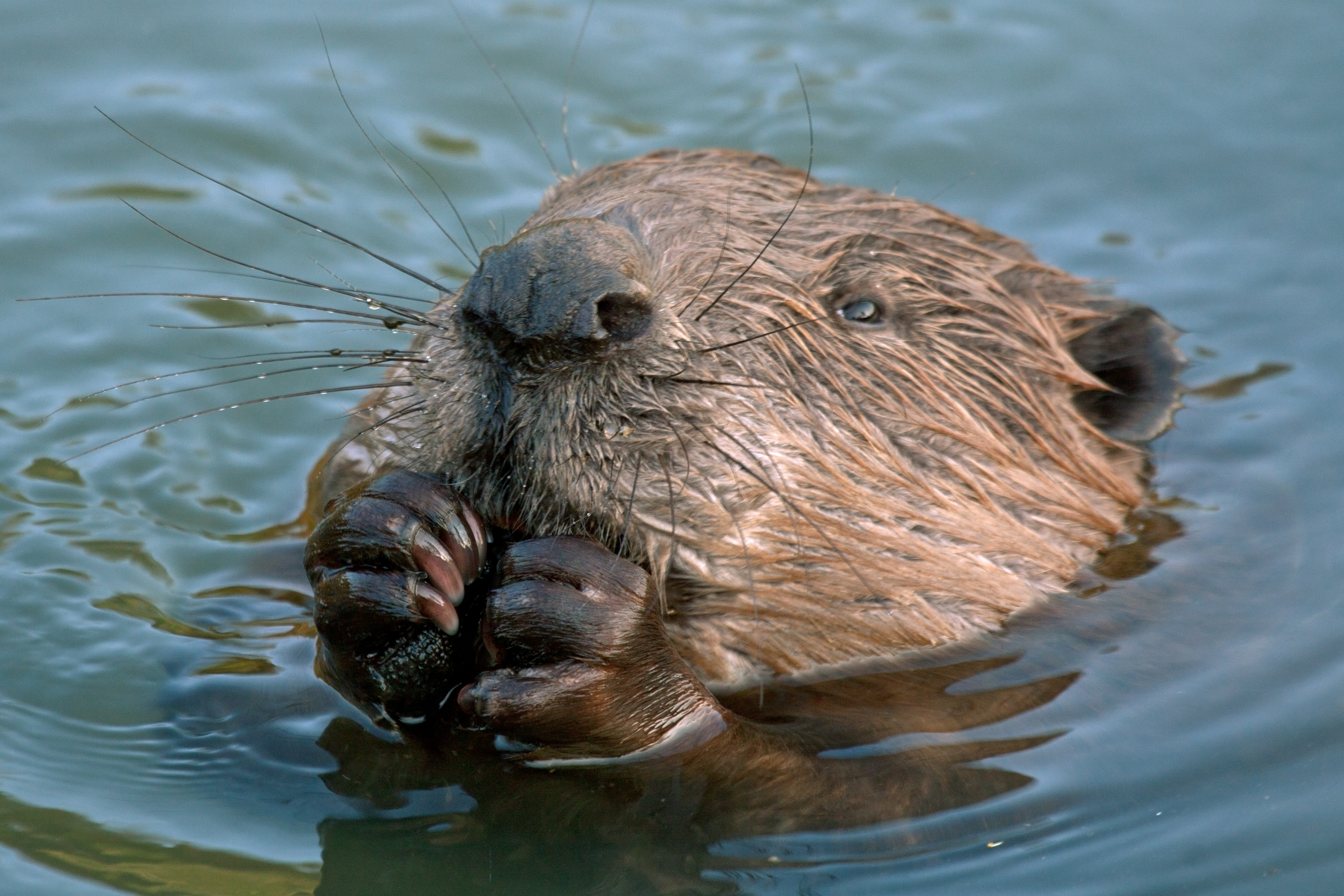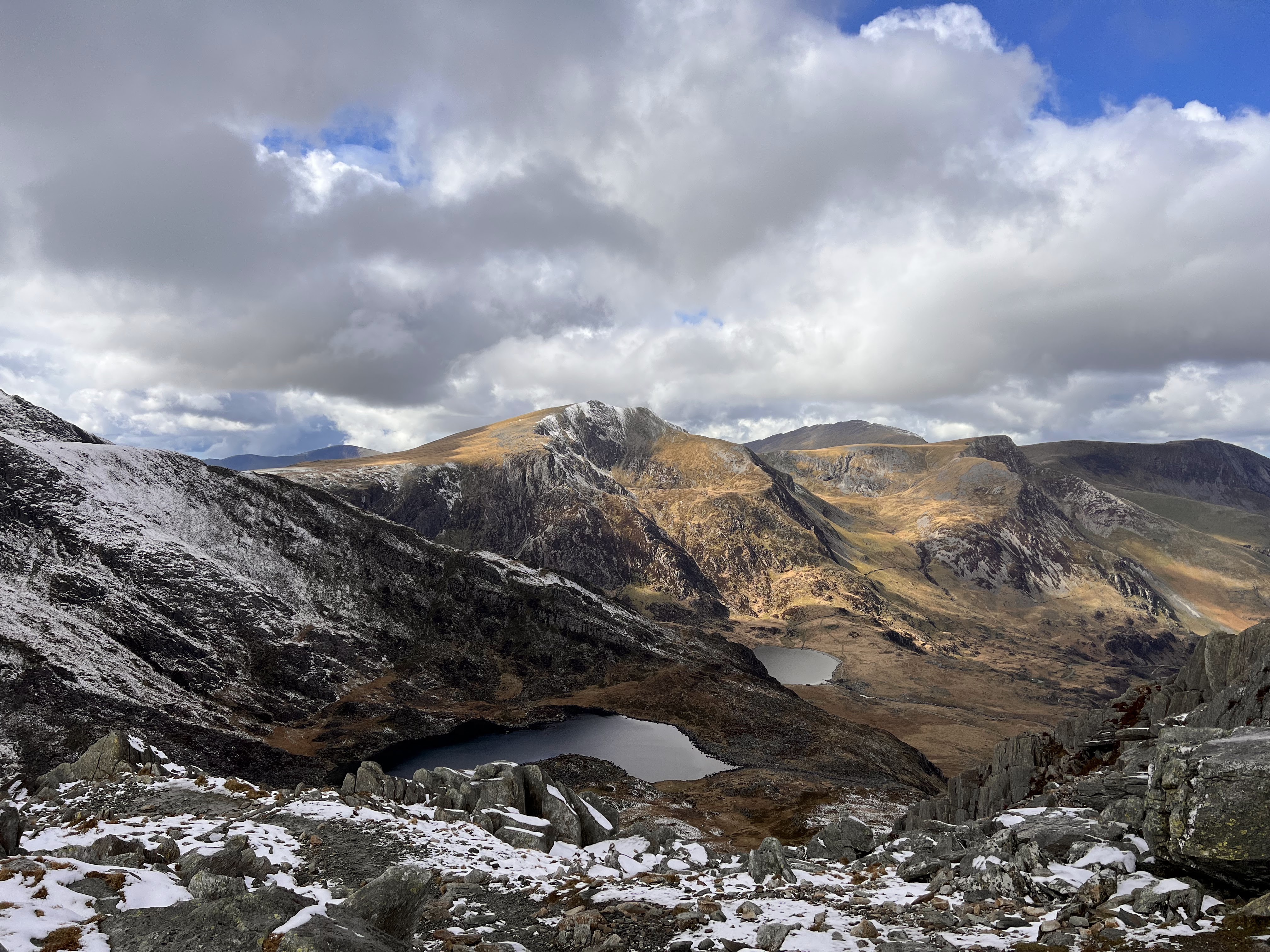Our Mission
We want to live in a world rich in wild landscapes, providing a sustainable future for life on earth.
To do this, our mission is to catalyse the creation, restoration and protection of wild landscapes by pursuing projects which address the themes of science, technology, law, economics, and culture.
Our Story
The Lifescape Project was established in 2017 by a team of individuals from multiple different organisations who, motivated by the significant degradation of the world’s ecosystems in recent times, wanted to make a real difference in the protection of the global ecosystem and undertake ecological restoration.
The collaboration stemmed from earlier nature restoration collaborations which introduced a unique set of industries and individuals to one another, and those involved soon realised that they could combine their expertise in the fields of ecology, law, economics, academia and sustainability with their love for the environment in an entirely new project. This blend of driven professionals across a variety of disciplines helped spawn the idea for an independent charity which could continue to build on the work and relationships initiated under that enterprise. Motivated by a mutual desire to take on innovative and challenging new projects, with the aim of promoting and actively working towards wildlife and biodiversity conservation and restoration, the first steps were taken to establish a charity which could take on ecological projects and make ideas of restoration and rewilding a reality.
In this way the Lifescape Project was born. Since its establishment, the Lifescape Project has sought to foster the passion and expertise of those involved in order make a long-term positive impact on the global ecosystem. At its commencement, all human and professional resourcing came from time donated by individuals and partner organisations, but since 2019 the Lifescape Project has been building its team of core professionals who commit all of their energies to its mission. Since its founding Lifescape has collaborated with a growing list of institutions to achieve its long term aim of promoting global ecological restoration.
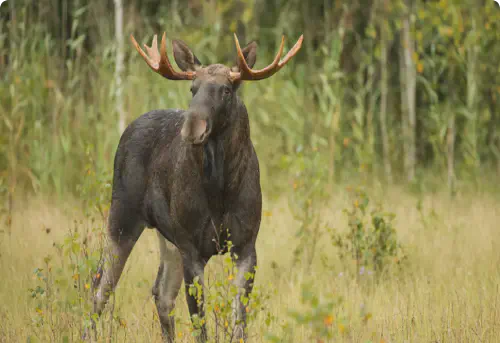
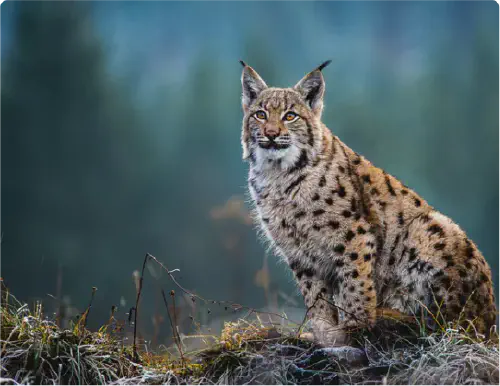
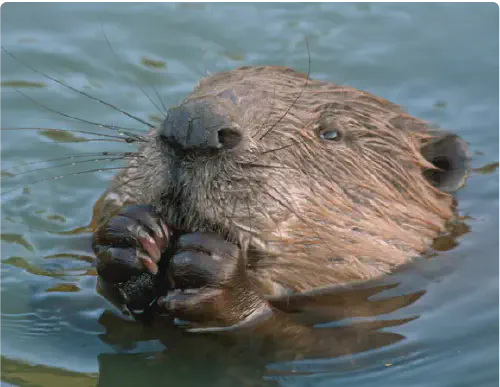
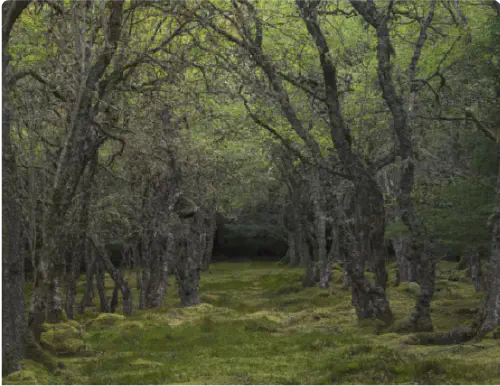
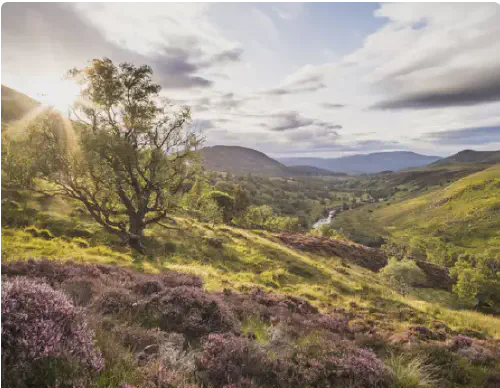
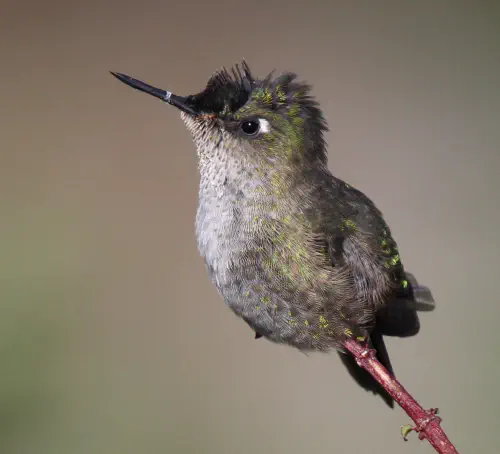
Meet the team
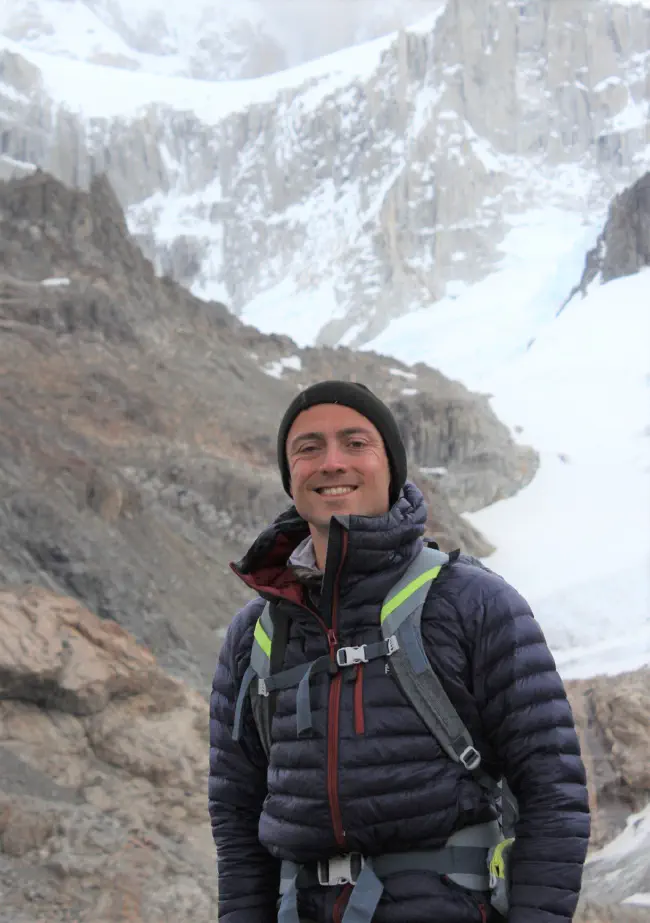
Adam is a qualified lawyer with expertise in developing legal and financial mechanisms to aid rewilding projects, as well as leading species reintroduction projects. Adam is a member of the IUCN’s Rewilding Thematic Group, an external rewilding PhD supervisor for the University of Cumbria, and co-author of numerous articles on rewilding published in academic journals. He has also advised multiple NGOs working in the field of wildlife conservation and rewilding. When not working to expand the Lifescape Project’s impact, Adam spends as much time as possible outdoors, trekking, kitesurfing and cycling.
As CEO of the Lifescape Project, Adam’s role involves leading the pursuit of Lifescape’s Mission and Strategy, executing management decisions under the board in all key areas including fundraising, communications, HR and substantive operations.
Adam Eagle
Chief Executive Officer
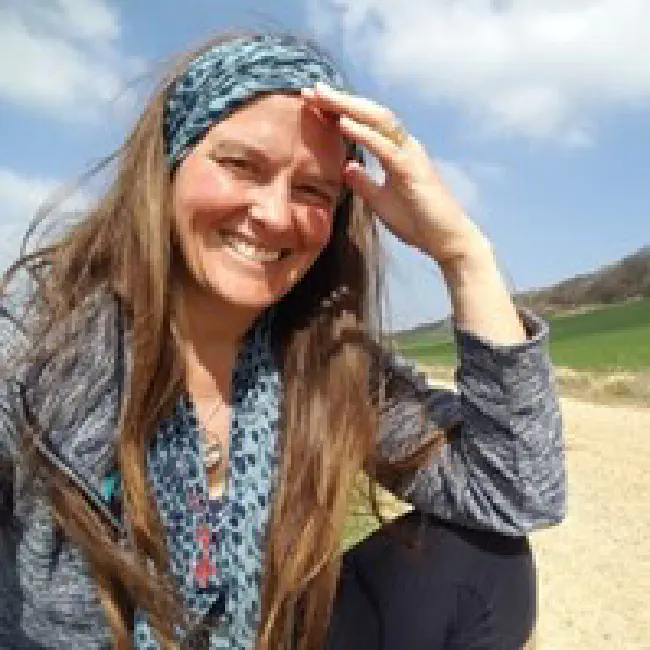
Deborah is an experienced ecologist with a focus on mammals and the use of species reintroductions as a tool to tackle biodiversity loss at a landscape level. Her PhD investigated grey squirrel culling management and red and grey squirrel behavioural responses. As part of the development team on a multi-species reintroduction project hosted at the University of Cumbria she initiated a pine marten feasibility study in South Cumbria and is currently managing dormouse reintroductions in South Cumbria/Lancashire. With a teaching background in schools, universities and her own outdoor ecology education organisation she is keen to incorporate education, community involvement and novel engagement practices into her work and has experience of hosting community consultation processes across a range of species.
As a founding director and now Lead Ecologist with the Lifescape Project, Deborah is leading our project investigating the ecological and practical feasibility of lynx reintroduction in England and Wales.
Dr. Deborah Brady
Lead Ecologist
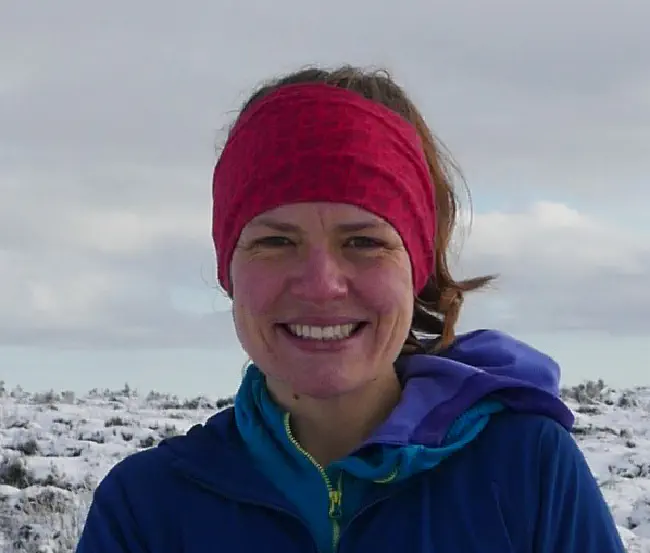
Having spent the first part of her career working as a commercial litigator, Elsie’s move to the rewilding sector has allowed her to combine her personal values and ambitions with her professional life. As Managing Lawyer, Elsie is responsible for all of the Lifescape Project’s legal projects, including the Litigation for Nature project and our work as part of the Forest Litigation Collaborative and work to protect wild landscapes through novel legal mechanisms such as conservation covenants and easements.
Day to day, this involves anything from drafting legal submissions to identifying new opportunities where we can use the law to protect and restore biodiversity. Outside of work, Elsie loves being outdoors and spends her time climbing, skiing and swimming in wild places.
Elsie Blackshaw-Crosby
Managing Lawyer
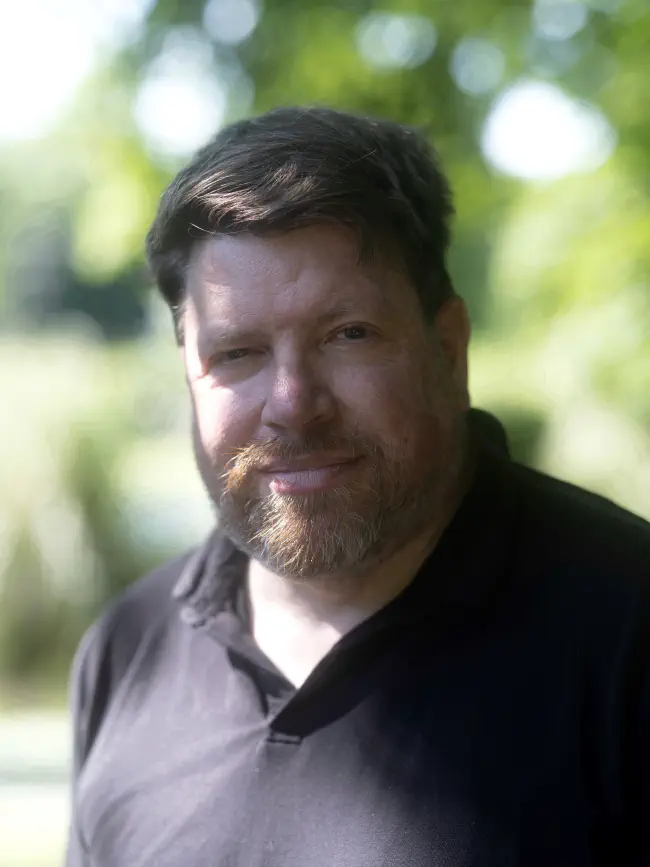
Mark is our Finance & Operations Officer. An Accountant and Finance Manager with over 12 years’ experience working in the Charity sector, Mark started his career with the Meteorological Office managing the finances of programmes linked to Climate Change reporting and other international collaborative projects in the scientific community. In his role with Lifescape he is taking the lead on managing operational activities in support of staff, whilst also assuming all financial responsibilities of the charity. Mark lives in the Southwest of England and is a postgraduate of Falmouth University, spending his spare time as a professional photographer.
Mark Tipping
Finance & Operations Officer
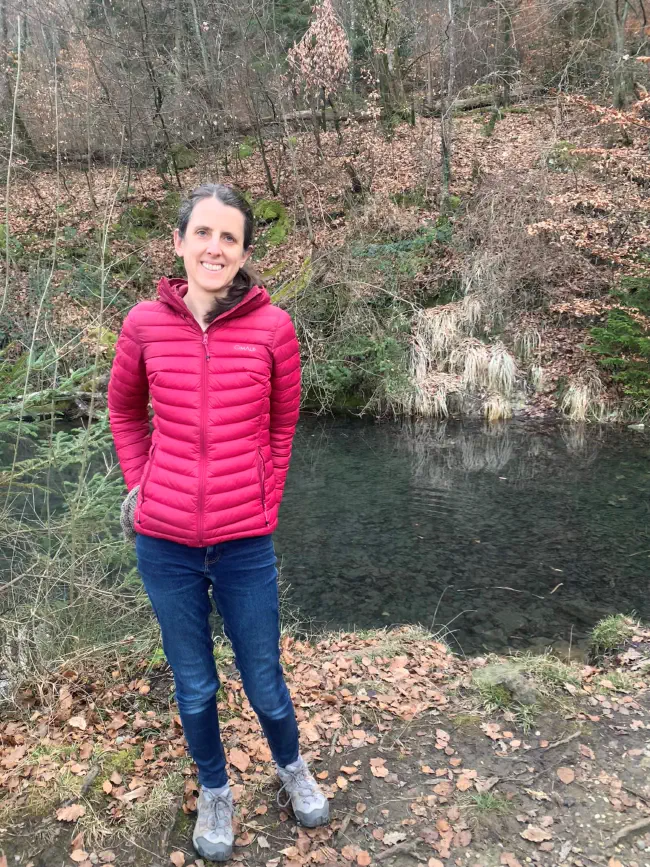
As Senior Lawyer in the litigation team, Frances has finally achieved her longstanding ambition to fully focus her career on environmental law. Prior to this, Frances had a varied career path spanning policy and campaigns work for Friends of the Earth, a role at the heart of the European Parliament’s legislative machinery, six years practising common law in Chambers and latterly a role in international arbitration for a large US law firm.
Frances’ work at Lifescape is focused on supporting the work of the Forest Litigation Collaborative on biomass and legal work related to deforestation and forest degradation, and of the Litigation for Nature programme. Outside of work, Frances spends her time engaging with the creative arts, teaching yoga and spending time walking, sitting by, or swimming in, the turquoise waters of Lake Annecy.
Frances Lawson
Managing Lawyer (Maternity Cover)
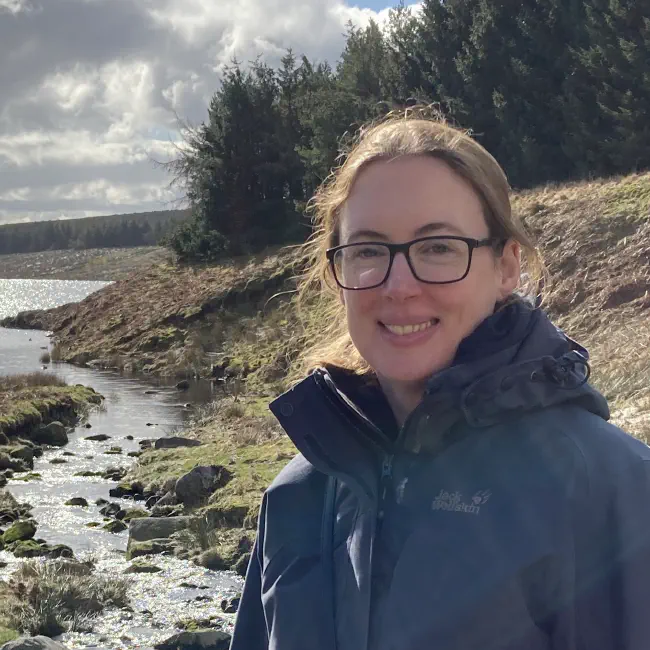
Stephanie is an experienced environmental and planning lawyer. Prior to joining the Lifescape Project, Stepanie worked at a number of international law firms advising on a broad range of issues including water law, protected habitats, land restoration, biodiversity net gain, planning agreements and EIA. She has also worked as an editor at Practical Law and LexisNexis writing on environmental issues and producing practice guidance.
More recently, Stephanie completed an MA in Art & Science where she collaborated with scientists working on mapping the deep sea for the UN Decade of Ocean Science. Outside of work Stephanie enjoys kayaking, walking and the creative arts.
Stephanie Smith
Managing Lawyer (Maternity Cover)
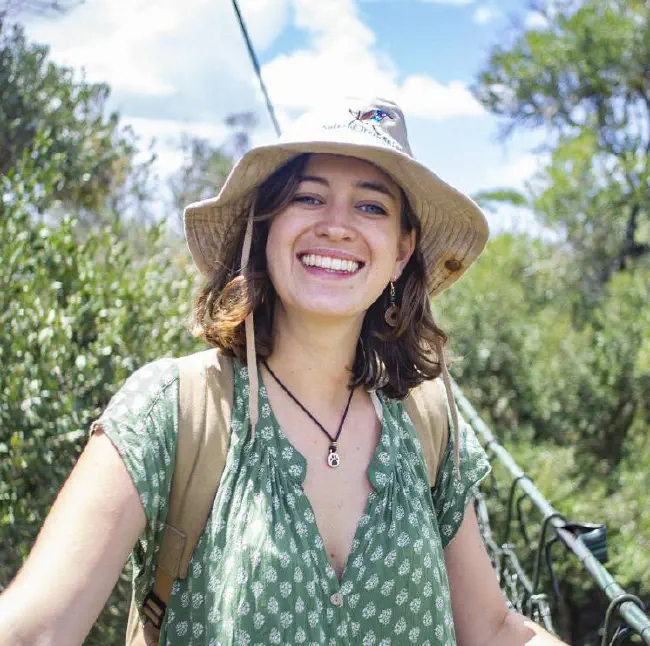
Amelia is an ecological economist and interdisciplinary thinker from Australia. At the Lifescape Project, Amelia pursues opportunities that tap into a variety of environmental economic approaches such as Natural Capital Accounting and Payment for Ecosystem Services, ensuring rewilding projects are feasible and economically viable for both people and the natural environment.
Amelia was previously based in Kenya where she worked with the United Nations Environment Programme writing on the concept of ecosystem services and the Inclusive Wealth Index as an alternative indicator to GDP. In her spare time, Amelia likes to head outdoors to hike and forest-bathe, and in the colder months, pick up the guitar or paint with water colours!
Amelia Holmes
Rewilding Economist
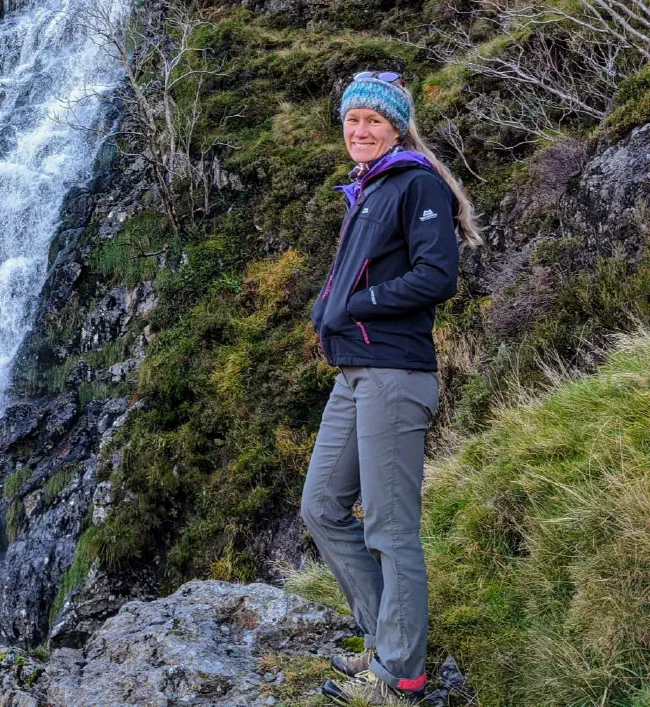
Sam is an ecologist with a wide-ranging background in nature conservation practice and research in both the UK and Afrotropics. She has researched conservation issues affecting threatened birds and mammals, tackled threats to wildlife through the English planning system, and overseen nature recovery projects in the countryside. Having previously been a charity manager and the chair of a nature partnership she’s also used to working across disciplines and with varied stakeholders, aiming to achieve the best outcomes for people and wildlife.
Sam is mainly working on our lynx feasibility project and is also involved in some of our other species focussed projects. Outside of work, Sam is an outdoor enthusiast, and enjoys spending as much time as possible in nature and wild places, especially running, hiking and climbing.
Dr. Sam Cartwright
Species Recovery Specialist
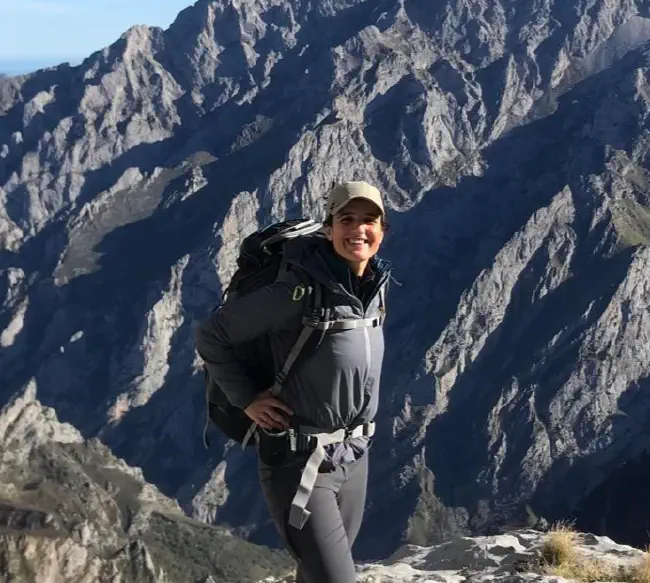
Catarina began her legal career in academia, first as a Fulbright Scholar at NYU School of Law and later as an SJD graduate from UCLA Law School, in the field of international legal studies. Having worked for human rights NGOs and tech start-ups, Catarina found in the Lifescape Project the perfect place to combine her passion for nature with her legal expertise. As Legal Project Officer, Catarina assists Elsie with the organization’s legal projects.
Day to day work involves legal research, drafting, and she is currently managing the legal briefs’ project with rewilding partners in Europe. As an avid hiker and sailor, Catarina is always planning her next adventure in the outdoors. She enjoys tracking wild animals and capturing them on her trap cameras.
Catarina Prata
Rewilding Lawyer
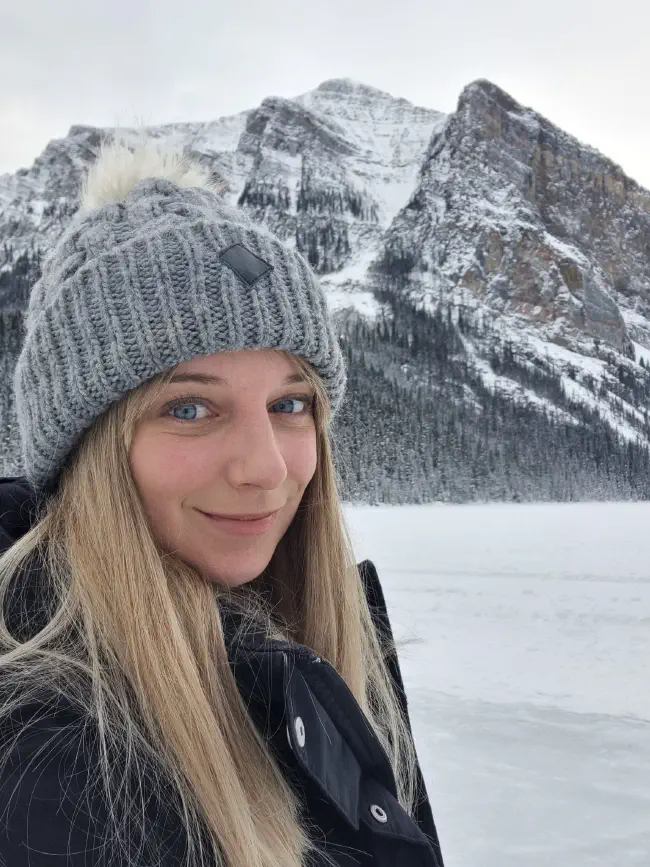
Faye is a conservation social scientist as well as a PhD student in Biodiversity Management. She has researched the human dimensions and social issues surrounding large carnivores, and species reintroduction projects in Scotland. Throughout her research, a strong interest in human-wildlife coexistence and community driven processes within species reintroductions has developed. Faye is mainly working on our lynx feasibility project and is also involved with other species focused projects. She used to be a Registered Veterinary nurse and has an interest in all animals. In her spare time, Faye enjoys hiking with her rescue dog, spending time in nature and reading fictional literature.
Faye Whiley
Social Science Project Officer
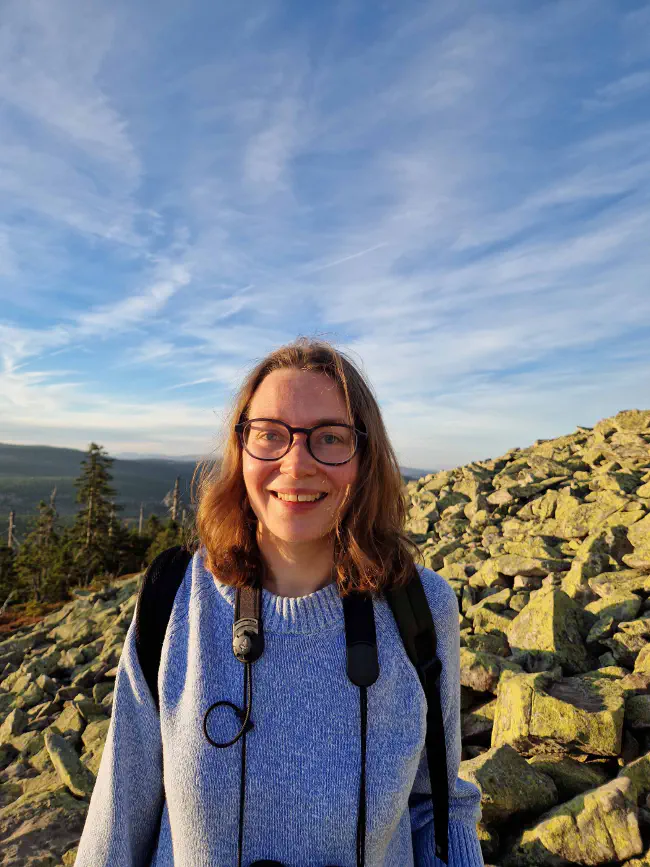
Katherine works as a Project Officer on the UK component of the Forest Litigation Collaborative project and is also the secretariat for the steering committee for the lynx feasibility project. She has also assisted with research and report writing for The Lifescape Project’s ecological enhancements work.
Katherine previously worked as an associate at a boutique litigation firm, specialising in commercial and tax litigation. After leaving that role, she volunteered with a local wildlife charity helping to draft policies and completed a master’s degree in Biodiversity, Conservation and Management, including writing a research dissertation exploring the impacts of different funding sources and income streams for rewilding projects on rewilding practice.
Katherine Blatchford
Rewilding Lawyer
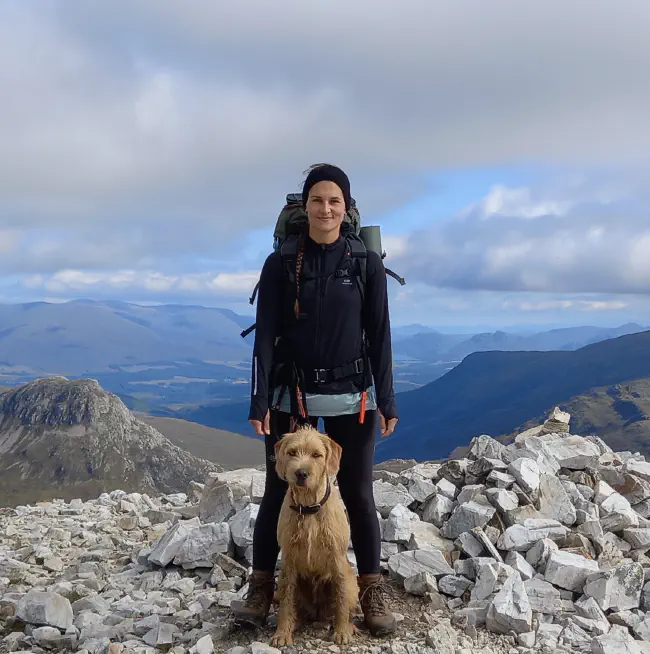
Carole is a mature student at the University of Cumbria and Assistant Project Officer at the Lifescape Project. She grew up in the south of France where she became interested in rewilding, species reintroductions, and large carnivore conservation. After a more creative career her passion for the natural world pushed her to return to study and she enrolled on the Animal Conservation Science course at UoC in 2020. Carole started as a research intern at the Lifescape Project and is now undertaking a placement year working on various aspects of the lynx feasibility project, the white-tailed eagle project and the NCL. Carole spends most of her spare time hiking with her dog or working on creative projects.
Carole Munro
Project Officer
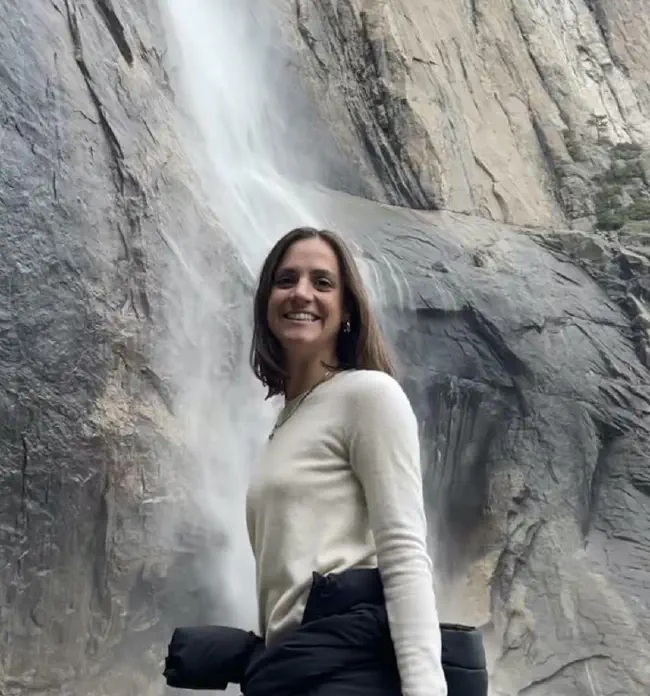
Francesca is a U.S.-qualified lawyer with a lifelong passion for protecting our planet’s natural ecosystems. She honed her expertise in environmental law and policy through her work in private law practice and her Master of Laws at Berkeley University.
Before joining the Lifescape Project, Francesca worked in Brussels, championing EU policies for more ambitious environmental targets. Now, as a legal project officer in our litigation team, she collaborates on the legal work of the Forest Litigation Collaborative to combat the depletion of forest carbon sinks and supports the development of our Litigation for Nature programme.
When she is not working, Francesca enjoys riding her horse through nature, caring for her plants and collecting cherished memories with her loved ones.
Francesca Riccardi
Legal Project Officer
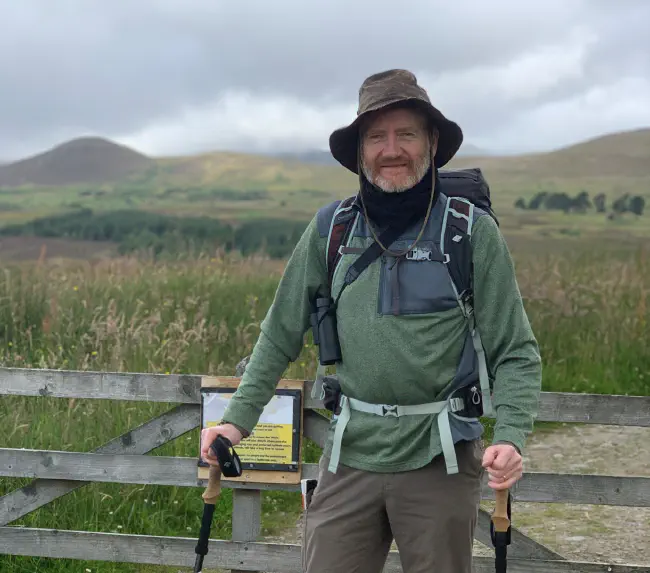
In his day job, Roger is a partner at the international law firm Clifford Chance with a range of expertise covering commercial and financial disputes. Roger is co-head of Clifford Chance’s Global Business and Human Rights practice, which advises clients in connection with the UN Guiding Principles on Business and Human Rights. He also advises on climate change-related business risk and is a member of Clifford Chance’s ESG Board.
Roger is a co-founder and chair of the board of trustees of the Lifescape Project and also has roles at the legal charity Advocates for International Development and RCJ Advice & Citizens Advice Islington.
Roger and Emilia Leese own and run the day-to-day management of Birchfield Forest Rewilding, a rewilding project which they collaborate on with Lifescape near Loch Ness in the Scottish Highlands. In 2021 Roger won the P.E.A. (People. Environment. Achievement) Award for Health and Wellbeing for his work on ESG at Clifford Chance and his role at the Birchfield Forest Rewilding project.
Roger Leese
Trustee and Chair of the Board
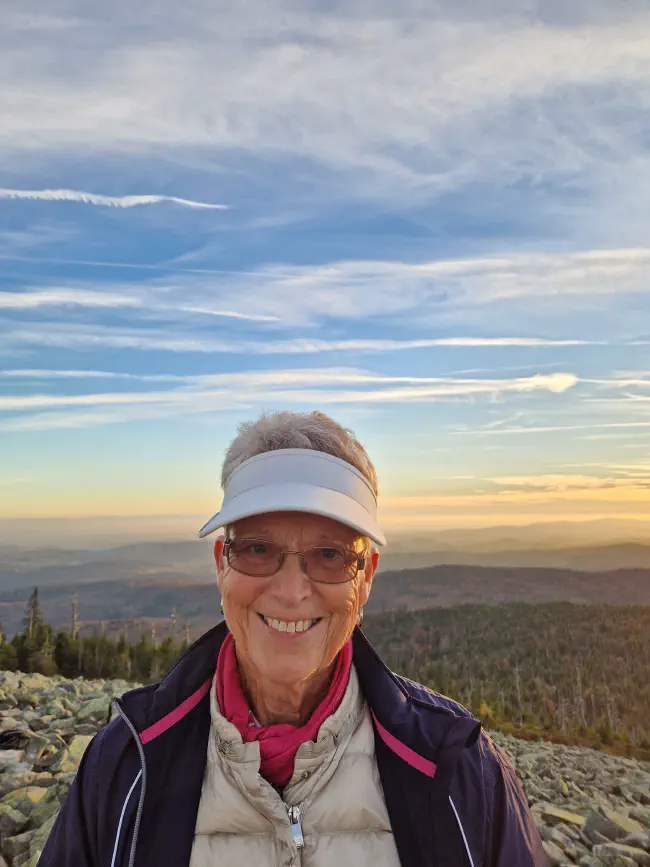
Pat retired from an accounting career in the public and not for profit sectors in 2018, but she soon embarked on a new ‘career in retirement’ supporting the not for profit sector with financial advice and direct assistance. It was not long before she took on a financial role for Lifescape carrying out day to day accounting functions and providing financial guidance, and today serves in the role of Treasurer for the board of trustees.
Pat lives on the Isle of Wight where she loves to be in the outdoors and is a keen walker, sometimes with a golf club in hand. Once an enthusiastic gardener she now has to settle for exploring National Trust and English Heritage gardens identifying and enjoying plants and wildlife with her husband. New experiences include learning Spanish and Greek and trying her hand at drawing and water colours.
Pat Eagle
Trustee and Treasurer
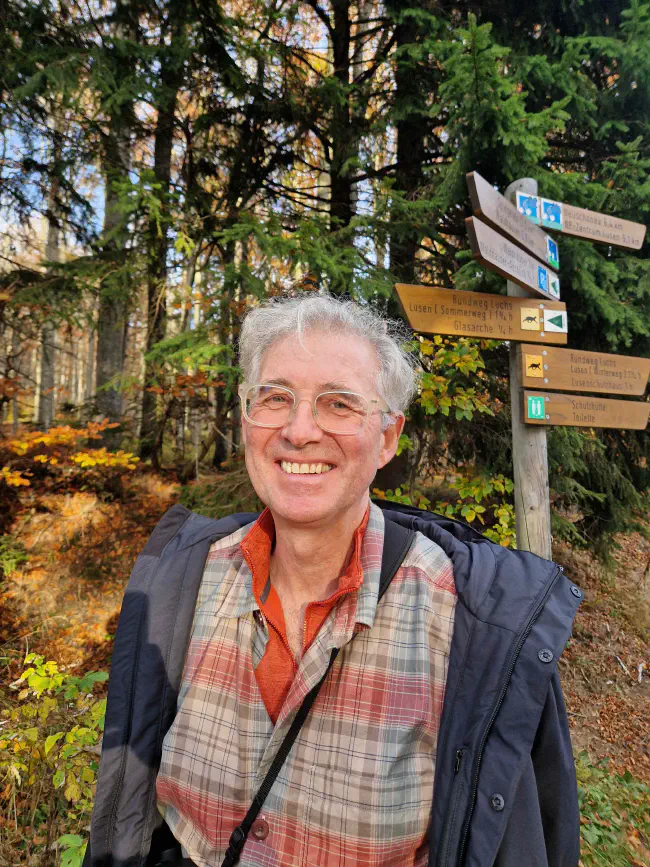
Dr Darrell Smith is a conservation biologist currently working in peatland restoration. He works across the UK on upland blanket bog and lowland raised mire projects. Alongside the practical restoration of peatland, he is also interested in the efficacy of restoration techniques, from the carbon costs of the interventions to their effectiveness in returning functionality from a carbon sequestration perspective.
Darrell is also a Visiting Research Fellow at the University of Cumbria. He was awarded a PhD from Lancaster University in Conservation Biology for a thesis that explored the incommensurability of values that society gives to nature and how we capture these many values when describing nature’s worth. Darrell is involved in research projects that reflect both the applied nature of his peatland restoration activities and his academic interest in how society incorporates value plurality into land use decision-making across shared (human/non-human) landscapes.
Dr. Darrell Smith
Trustee
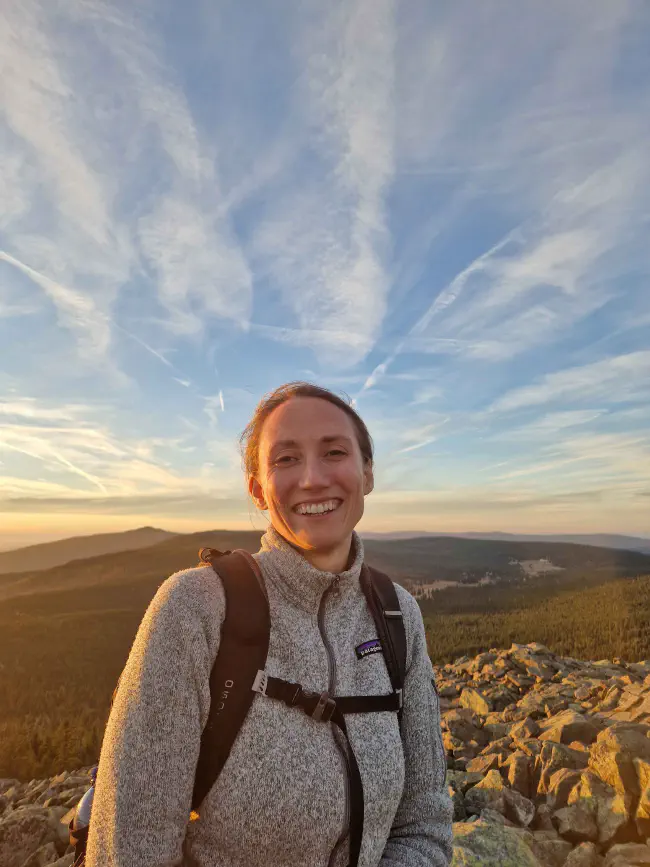
Lily is a lawyer at Clifford Chance within the funds and investment management sector, with a focus on sustainable finance and impact investment. She is particularly interested in the mobilisation of private sector capital for ecosystem restoration projects, as well as how our natural capital is valued. She has contributed time to other environmental causes, including as a member of her local council’s climate emergency working group, and has enjoyed seeing the enthusiasm within communities for protecting and restoring their local wild spaces.
Lily is a keen climber, hillwalker and mountain biker and enjoys the remote places these activities often take her.
Lily Marcel
Trustee
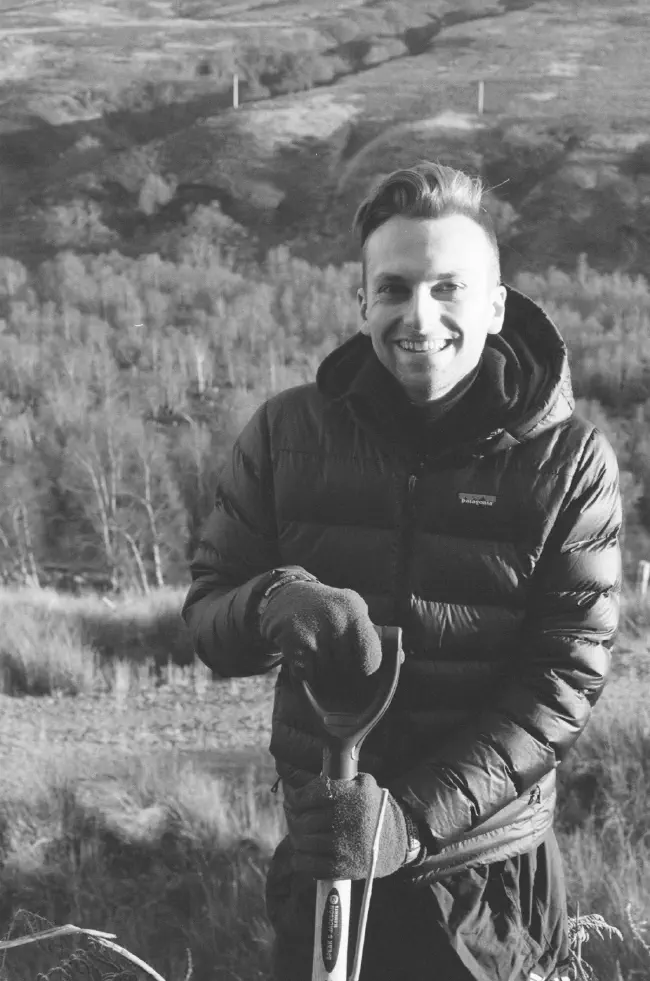
Chris is an Associate Director of Environmental Economics at AECOM, London. In addition to his role at AECOM, Chris is also a Member of the IUCN Commission on Ecosystem Management. Chris is able to provide the Lifescape Project with specialist economic input and modelling into a wide range of rewilding, environmental policy, and green finance projects. His primary area of work with AECOM focuses on natural capital and ecosystem services: working with businesses and governments to account for their environmental impacts, quantifying environmental values in monetary terms and designing market-based instruments for use in public policy. Chris has led a number of innovative projects which have been presented at the Royal Society, NASA, Royal Geographical Society, Inter-American Development Bank, and the World Forum on Natural Capital.
In collaboration with the Lifescape Project, Chris created and manages the Natural Capital Laboratory, as well as the WildSide website.
Chris White
Trustee
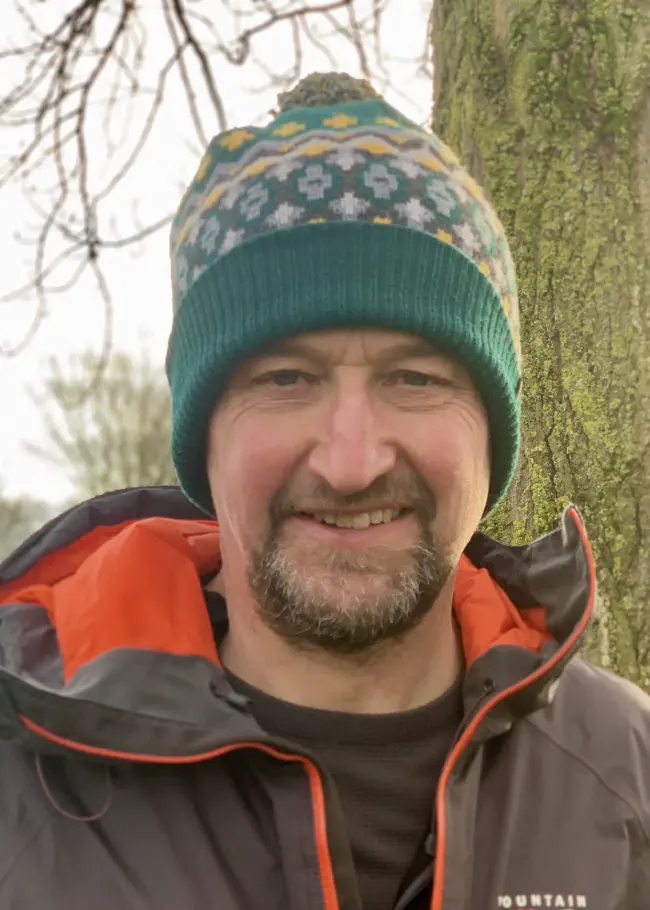
Ian has spent the last 25 years working on understanding societal interactions with, connections to, and perceptions of, the ‘natural world’. His current interests are focused on public engagement with species reintroductions and rewilding, and he is the lead on the Heritage Lottery funded ‘Back on our Map’ (BOOM) multi-species reintroduction project in South Cumbria. He co-chairs the International Union for the Conservation of Nature’s (IUCN) Rewilding Thematic Group within the Commission on Ecosystem Management and has been a member of the IUCN World Commission for Protected Areas since 2016. Ian is a Fellow of the Royal Geographical Society and can usually be found mountain biking or paddleboarding in the mountains and lakes of Cumbria at the weekend.
Ian is currently providing guidance in relation to the Lifescape Project’s investigation of the ecological and practical feasibility of lynx reintroduction in England and Wales.
Prof. Ian Convery
Trustee
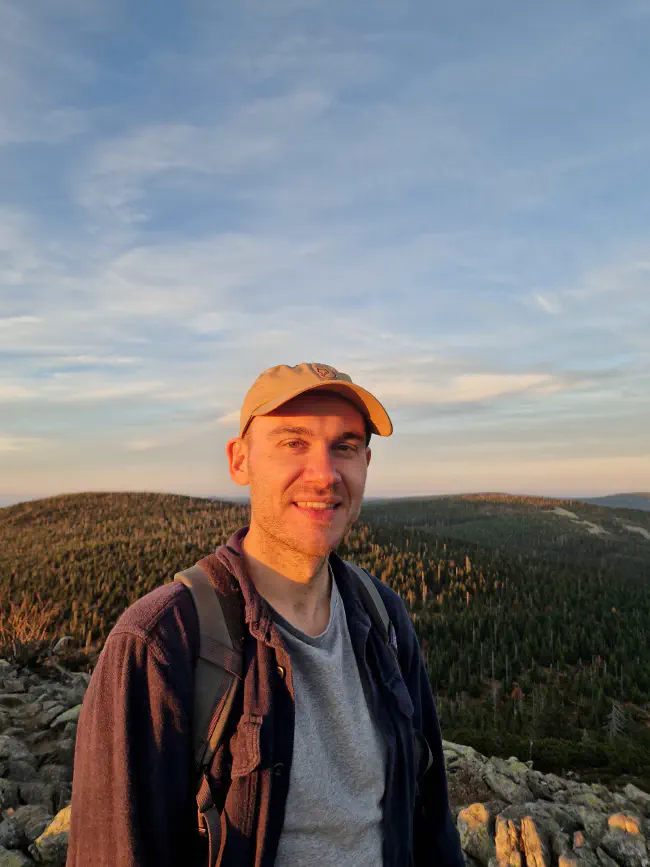
Max currently works on UK biodiversity policy and legislation, and his career to date has focused on the application of environmental economics in business and policy contexts.
His work with the Lifescape Project has focused on collating accessible evidence about the species that are missing from British landscapes and what we might be missing out on in their absence. Max is a keen ecologist and amateur botanist.
Max Heaver
Trustee
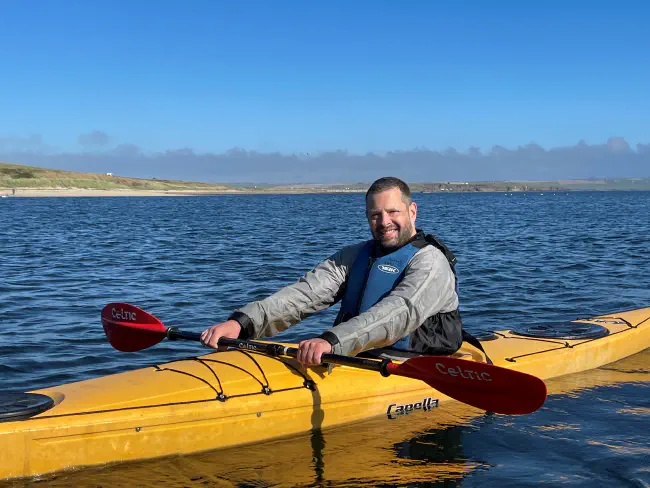
Steven is a Director at Tetra Tech with over 20 years’ experience in environment and sustainable development with expertise in natural capital and areas including spatial and land use planning, and strategic environmental assessment. He has worked on natural capital-related projects for public and private sector clients both in the UK and overseas with particular experience in payments for ecosystem services. At Tetra Tech, Steven is supporting the development of workstreams including social value, ESG, natural capital and environmental assessment. Steven is a Fellow of the Institute of Environmental Management and Assessment (FIEMA).
Steve Smith
Trustee
Our Approach
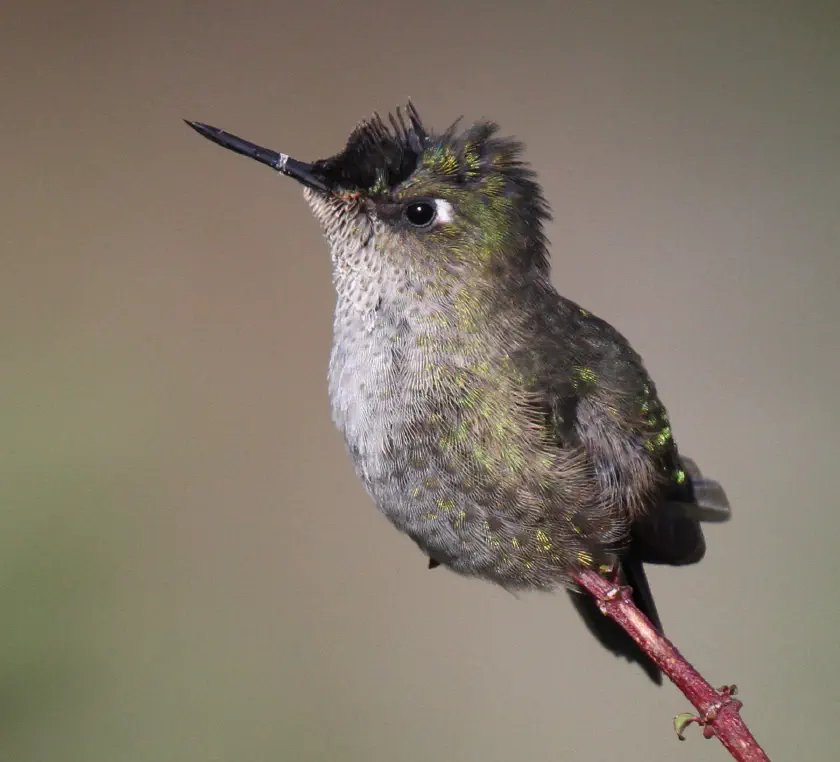
We carry out our work in two ways:
01
Skills Contribution
Contributing our skills, with a focus on our five core themes, to projects which create, restore, and protect wild landscapes, whether being led by us or by our collaborators.
02
Running Projects
Running projects to pursue our core themes which we believe will catalyse the creation, restoration, and protection of wild landscapes.
Core Themes
Economics
We want to see economic systems that promote the creation, restoration, and protection of wild landscapes.
Science
We want to see scientific evidence generated to support the creation, restoration, and protection of wild landscapes, and for decision makers to follow such evidence.
Law
We want to see laws in place to protect nature, or to enable/require its restoration, and these need to be enforced.
Culture
We want to see cultures that appreciate, support and promote wild nature in their landscapes, and its intrinsic value as well as its role in creating sustainable social-ecological systems.
Technology
We want to see technology developed and employed to enable the creation, restoration and protection of wild landscapes.

